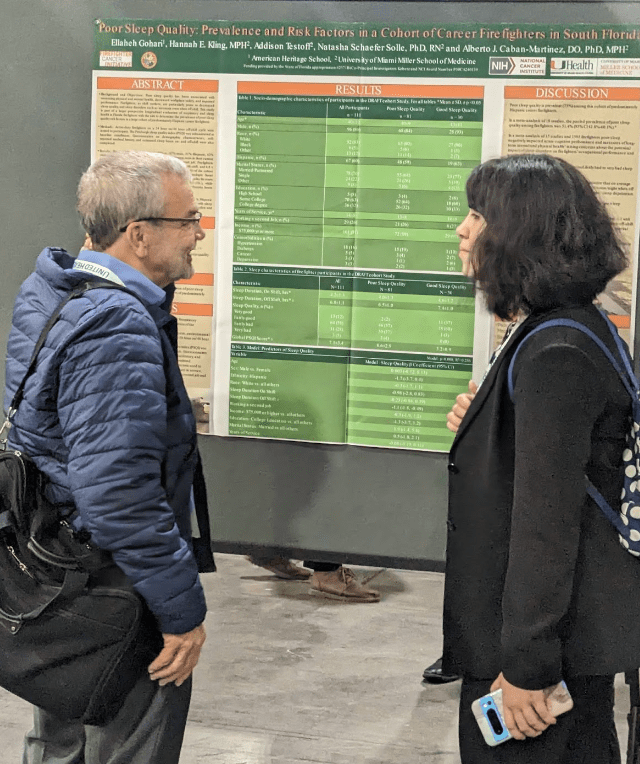Stepping off the plane in Atlanta for my first American Public Health Association (APHA) meeting, I didn’t know what to expect. As a high schooler, I felt simultaneously intimidated and excited about being surrounded by well-established experts in the field of public health. Indeed, APHA 2023, held Nov 12 to 15, proved to be a thriving hub of groundbreaking ideas and collaborative effort.
The four-day conference started off with a keynote address delivered by Admiral Rachel Levine, Assistant Secretary for Health for the U.S. Department of Health and Human Services, who discussed her work and what needs to be done about hot-topic events like climate change.
We also heard from recent Nobel Prize in Medicine awardee Katalin Karik who developed the mRNA technology necessary for the COVID-19 vaccine, as well as former Centers for Disease Control and Prevention Principal Deputy Director Anne Schuchat who worked to combat conditions like ebola and SARS. A virtual address by singer-songwriter Dolly Parton, the recipient of the APHA Presidential Citation award for her work improving childhood literacy with her Imagination Library, was the cherry on top of the opening ceremony.
Another aspect of APHA was their “Champion Conversations,” intended to be relatively small-group discussions (13000 people attended the conference, while these conversations held around 50-100 people) on specific topics in public health, including an open forum to ask questions of the experts hosting the talk. I went to one about Declining American Health, and learned that one of the most important ways to improve health in populations is through policy, as the government often needs to back initiatives with money, manpower and advertising for it to reach large swaths of people.
Besides the speakers and meetings, APHA also provides opportunities to share one’s own research with their poster sessions. After APHA accepted my abstract on firefighter sleep quality, which I worked on with a lab at the University of Miami, I made a poster to share my findings. Despite my initial trepidation at being in the same category as future doctors and PhD students, I soon realized that science is not about judgment but about learning from others. APHA wasn’t a competition, rather, it was a place where attendees could come together united under the commitment to advancing health equity and creating a healthier future for all.










